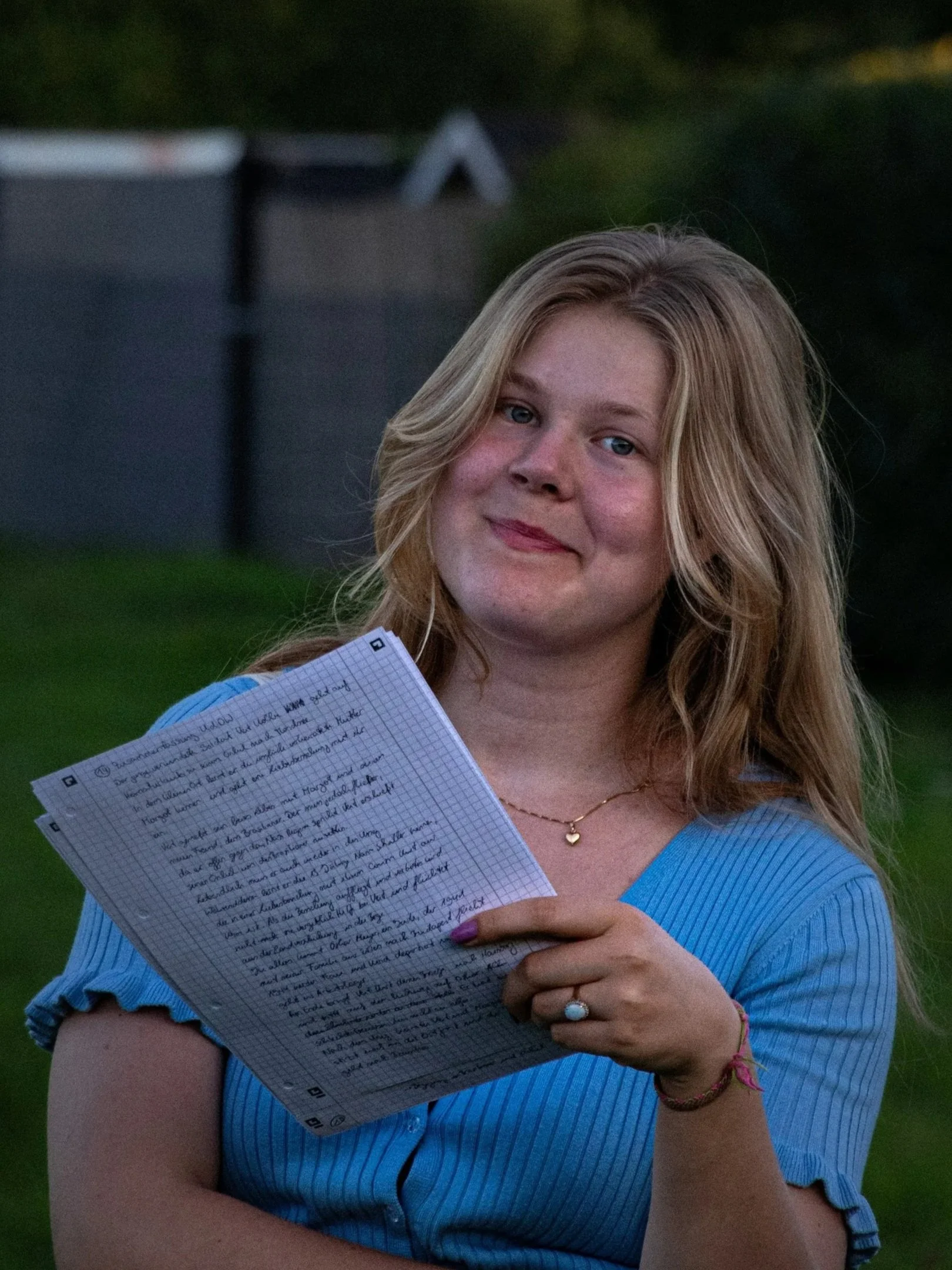Navigating Identity in Your 20s: Embracing Change and Growth
By Kaela Buggy, Graduate Intern
If you're in your 20s and feeling a little untethered, you’re not doing it wrong. You’re probably right on time.
There’s this quiet pressure to “figure it all out” in early adulthood. The questions of who you are, what you want, and where you’re going can feel pervasive in all parts of your life. In reality, most of us are trying to make sense of things as we go, editing our sense of self with each relationship, job, move, and late-night spiral (maybe some combination of all of those things).
You may feel wildly free one day and completely paralyzed the next. Beneath all of those complex feelings and fears, the question often lingers quietly… or not so quietly: Who am I becoming?
At The Gaia Center in West Nashville, we talk a lot with our therapy clients about giving yourself permission to change. This is especially true in young adulthood. Our sense of self in our 20s isn’t fixed. It’s fluid, dynamic, and deeply shaped by what we try, who we love, what we grieve, and the stories we start to rewrite for ourselves. How cool is it that we get to continue growing and learning in every stage of life? Despite what it might feel like on the surface, you’re not behind. You’re becoming.
This is “emerging adulthood”... welcome! Psychologist Jeffrey Arnett coined the term emerging adulthood to describe this unique developmental stage from ages 18 to 29 (ish) marked by exploration, instability, possibility, and self-focus. It’s a phase of life distinct from adolescence or full-blown adulthood. It makes sense if you feel like you’re floating between categories because, well, we kind of are!
During this time, you might ask big, internal questions like:
What kind of life do I want to build?
What parts of my upbringing still fit, and which ones don’t?
Who am I when I’m not performing or pleasing?
This in-between season can be both empowering and incredibly disorienting. Dr. Arnett's research shows that many young adults feel both excited and overwhelmed by the open-endedness of their lives. It’s a time of “identity exploration,” yes, but also one of feeling lost in the boonies of choice and change.
So, why does change feel like loss even when it’s good? There’s this persistent cultural myth that your 20s are the time to “find yourself,” and once you do, you stick the landing. But identity isn’t a destination. It’s more like a living document that you’ll keep editing over time.
Sometimes growth feels like grief. It looks like unlearning what you were told to believe. It sounds like asking questions you once thought were off-limits. It might mean realizing the version of success you’re chasing doesn’t belong to you. Sometimes it means stepping away from an identity you’ve outgrown. An identity that, for many of us, once felt safe, or familiar, or maybe even expected of you. That middle space, the not-yet-knowing-but-feeling-like-everyone-else-knows (what a fitting and verbose description for such a murky season), can be lonely. That process, as freeing as it can be, also comes with confusion, discomfort, and a lot of not-knowing.
Here’s the important part: uncertainty does not equal failure. Often, it means you’re right in the thick of becoming.
In therapy, we hold space for that process. Not to rush it or label it, but to witness and support the unfolding.
Sometimes that looks like exploring the different “parts” of yourself (shoutout to IFS/parts work).
Sometimes it means grieving a former identity while stepping into a new one.
Always, it means honoring your own pace. If you’re carrying additional layers like chronic self-doubt, spiritual trauma, family pressure, or marginalization etc., identity development isn’t just a natural process; it can feel like survival work. Naming that complexity matters.
The good news: you don’t have to figure it all out alone. At The Gaia Center, we believe that identity development is sacred work, and we’re here to support you through it. Whether you're unraveling old narratives, exploring new ones, or just trying to stay grounded through all the unknowns, therapy can be a powerful space to pause, process, and root back into yourself.
Our therapists in West Nashville and virtually across the state of Tennessee are trained in modalities that support deep, compassionate exploration. We don’t rush you toward certainty. Instead, we sit with you in the in-between, helping you grow more comfortable in your own skin, even as it continues to change. You get to bring all your parts to the table. The questioning parts, the hurting parts, the hopeful parts, and the parts that just want to be met with curiosity, not judgment— all are welcome here!
Becoming is a lifelong practice. Your 20s aren’t a deadline to define yourself once and for all. They’re an invitation to keep growing, to ask better questions, to tell the truth about who you are and who you’re not. You’re allowed to change your mind. You’re allowed to change your course. You’re allowed to take your time.
If you live in Nashville and want to learn more about how therapy might support you in your 20s, reach out to us at The Gaia Center. We’d love to meet you exactly where you are.



